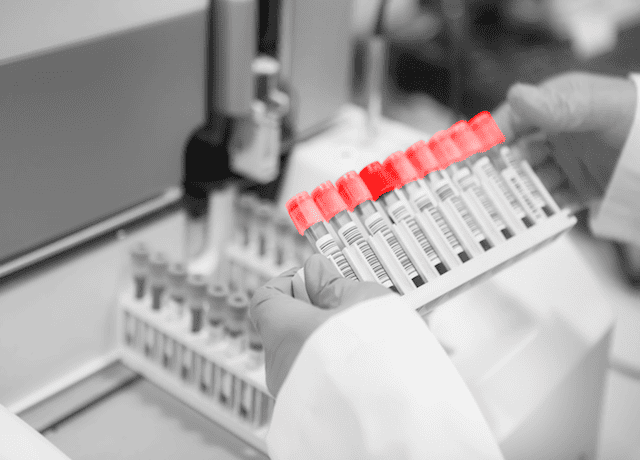New antibody tests that can detect if an individual has been exposed to COVID-19 variants have been developed by scientists from the University of Aberdeen.
The tests, developed in collaboration with Vertebrate Antibodies and NHS Grampian, can detect antibody responses to infection caused by the SARS-CoV-2 virus with over 98% accuracy and 100% specificity.
On top of that, the tests can also be used to predict the prevalence of circulating variant strains in the community, including the Alpha (Kent) and Delta (Indian) variants.
The tests can also assess the long-term immunity of an individual and whether immunity is vaccine-induced or a result of previous exposure to COVID-19.
The research team used the artificial intelligence (AI) technology EpitopePredikt to identify specific elements of the virus that trigger the body’s immune system.
Following this, researchers were able to develop a new way of displaying these viral elements as they would naturally appear in the virus using a biological platform.
“Accurate antibody tests will become increasingly important in the management of the pandemic and this is a truly game-changing technology with the potential to dramatically change the trajectory of global recovery from the pandemic,” said Mirela Delibegovic, academic lead on the project from the University of Aberdeen.
“This new testing platform adds crucial sensitivity and specificity to the current available serology tests and has the potential to monitor individual and population based immunity in a way that has not been possible before,” added Brittain-Long, consultant in infectious diseases in NHS Grampian and a member of the research team.










